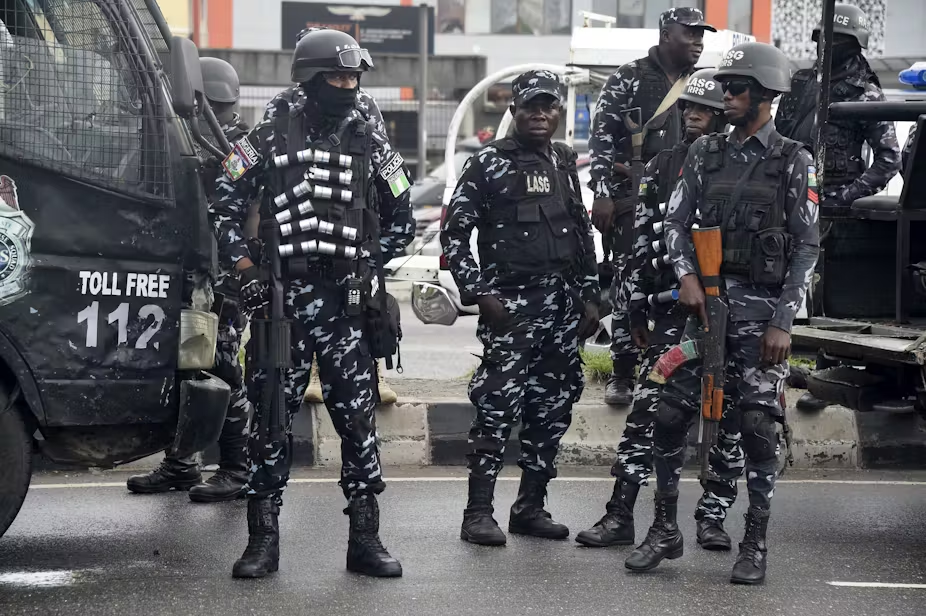The darkest places in hell are reserved for those who maintain their neutrality in times of moral crisis – Dante Alighieri
Last Wednesday, Ahunna Nwaogwugwu – @QueenCleo_92 on Twitter – collated multiple reports exposing the activities of Izien Aigbodion, who has used the nude pictures of young women to blackmail them for sexual favours over a period of five years. This is known as ‘revenge porn’, and the number and nature of these reports were damning, painting the picture of a cold and calculated predator.
This is what Section 357 of the Nigerian Criminal Code has to say:
Any person who has unlawful carnal knowledge of a woman or girl, without her consent, or with her consent, if the consent is obtained by force or by means of threats or intimidation of any kind, or by fear of harm, or by means of false and fraudulent representation as to the nature of the act, or, in the case of a married woman, by personating her husband, is guilty of an offence which is called rape.
What has emerged here is not a lapse in judgement. It is not a one-off. It is an established pattern of someone who identifies and preys on vulnerable women. A number of them have since come forward to give further weight to those allegations.
One of Izien’s businesses is called ‘Looks Like A Good Man’, and it is safe to say that by the time Ahunna was done, he looked like something else entirely. The irony that his Twitter handle is called @IamNotAHooligans is not lost on us either.
After last Wednesday, he looks not only like a hooligan, but a predator, and he is far from being the only one. The kind of behaviour he is widely accused of tallies exactly with Nigeria’s rape subculture, that is only one part of a much broader culture that oppresses women in all walks of life.
In short, there is a straight line from the inappropriate physical contact and verbal innuendo that is so prevalent in our everyday interactions, to using the naked pictures of a girl to blackmail her for sex, to domestic violence. In fact, the second example is attempted rape, at the minimum, since rape is about coercion in any form.
It is a subculture that thrives partly because there is little by way of punishment for it. The conviction rates for rape and attempted rape in Nigeria are so low as to be deemed not worth the trouble of making the report.
Rape victims are often degraded further by law enforcement, who blame them, pouring salt on an already open wound. They are asked questions about what they were wearing, and other questions suggesting that they are somehow to blame for being raped.
Given the high chance that a rapist will simply continue with his life in the aftermath and suffer a minimum of damage, naming and shaming plays a huge role in protecting other women from such violence, and showing the victims that they are not alone, so that they can come together to heal and protect each other. As such, what Ahunna is doing is courageous and should be applauded.
There are several cases like this hiding in plain sight; women afraid to come forward as a result of the potential consequences to their lives. There is a long way to go before the victims of rape can avoid the double injustice of being shamed by society on top of it, but the fight to create these safe spaces cannot stop.
Beyond this, there must be repercussions for the perpetrators of these crimes. It is absolutely important for our legal system, from police to the courts, to take occurrences of rape, attempted rape, and domestic violence more seriously.
Naming and shaming can be very effective in extracting a social cost, but there should be a price to pay through the legal system as well. Our police and courts must be made to function in defence of women and girls on the receiving end of the worst violence. The laws, as shown above, are already in place. These organs of the state are still disproportionately run by men, which brings us to the final part of the puzzle.
Violence against women will not end without the involvement of men who are against such violence talking to each other and to their peers, and fighting against this behaviour in public and in private.
It is well past time for men to have the difficult conversations with their brothers, sons, cousins and friends that will begin to address this culture, or risk seeing half of our population continually suffer with no recourse, and enduring physical and psychological damage.
It is time for the silence to come to an end. Women must be given the safe space to report the predators in their midst, and men must speak up in defence of these vulnerable women, reject those predators, and see to their punishment through legal channels. No one should wait until their sister, child, cousin, or friend undergoes this kind of trauma before speaking out.
Silence is not always golden.















Sad, it’s becoming a cultural thing.